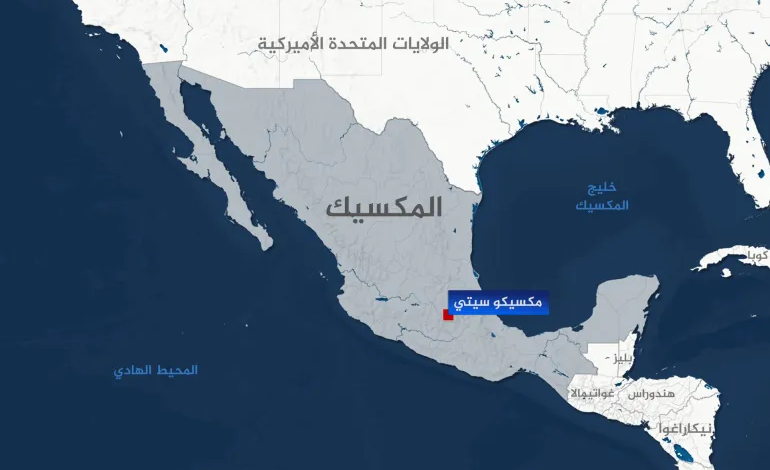The United States Officially Adopts “Gulf of America” Instead of “Gulf of Mexico”

Google announced in a post on Platform “X” on Monday that its Maps service will adopt the name “Gulf of America” instead of “Gulf of Mexico” as soon as it is officially updated in the U.S. Geographic Names System.
The company clarified that the change will be visible within the United States, while the official name in Mexico will remain “Gulf of Mexico.” Meanwhile, users outside both countries will see both names displayed on Google Maps.
For its part, the U.S. Department of the Interior officially approved renaming the “Gulf of Mexico” to the “Gulf of America,” along with reinstating the former name of Denali Peak in Alaska—the highest mountain in North America—as “Mount McKinley.”
Google Maps, owned by Alphabet, will implement the same changes, according to the company’s confirmation.
These decisions were made based on directives from former U.S. President Donald Trump as part of a series of executive orders issued immediately after taking office on January 20, in fulfillment of his campaign promises.
In an official statement last week, the U.S. Department of the Interior stated: “Following the president’s directives, the name ‘Gulf of America’ will now be officially adopted instead of ‘Gulf of Mexico,’ and the highest peak in North America will regain its former name, ‘Mount McKinley.'”
In a related context, Mexican President Claudia Sheinbaum jokingly suggested earlier this month renaming North America—including the United States—as “Mexican America,” referring to a historical name that appeared on an early map of the region.
It is worth noting that the Gulf of Mexico is one of the largest gulfs in the world and ranks ninth among the largest bodies of water. It is located in the southeastern part of North America, bordered by the United States, Mexico, and Cuba. The gulf holds significant strategic importance due to its vast reserves of oil and natural gas, making it a key hub for energy and maritime trade.








